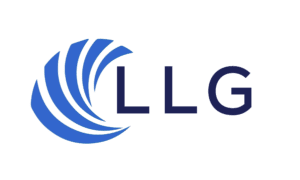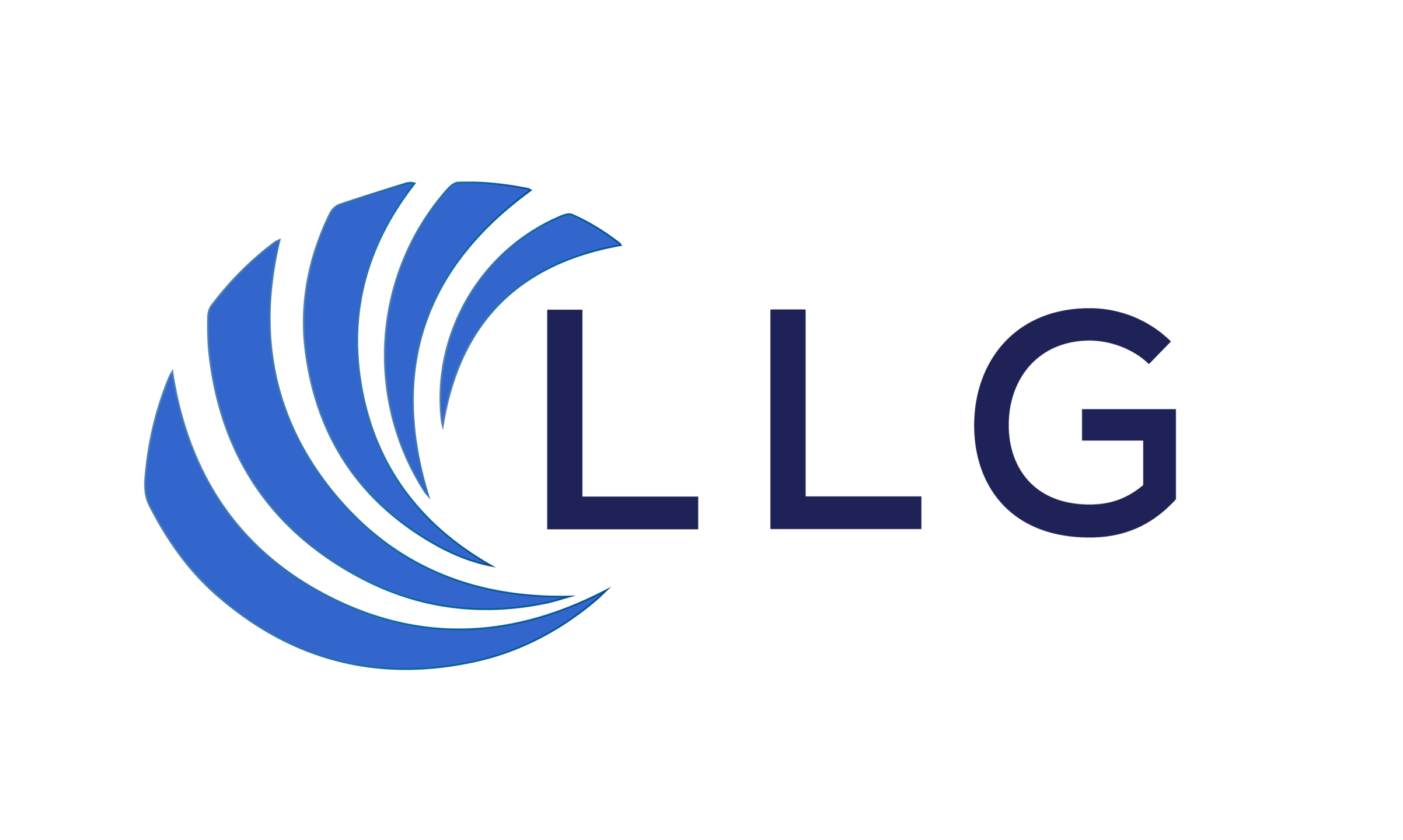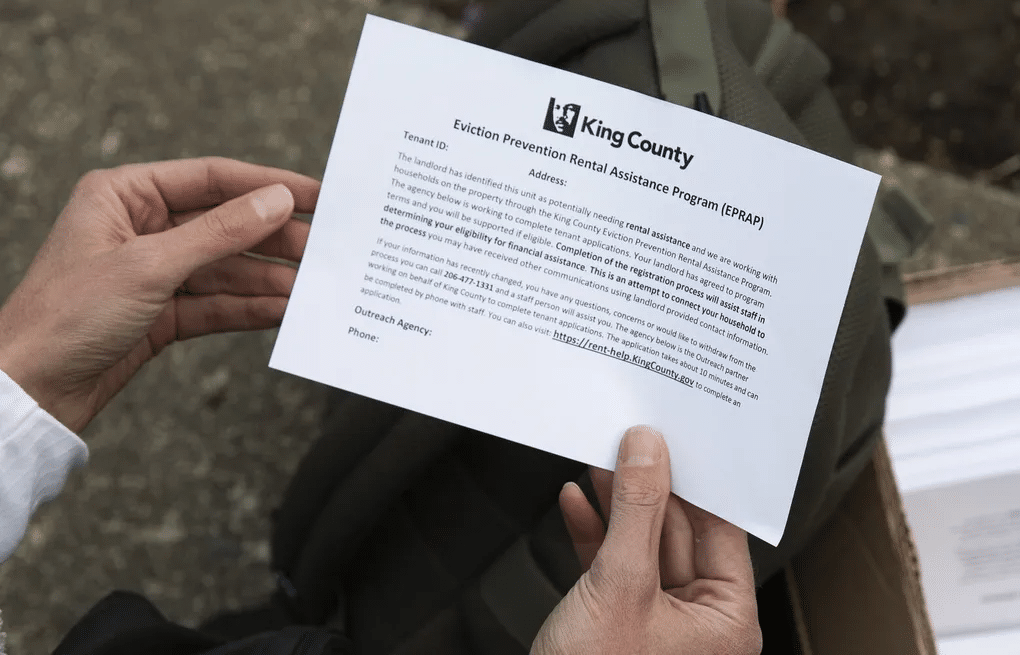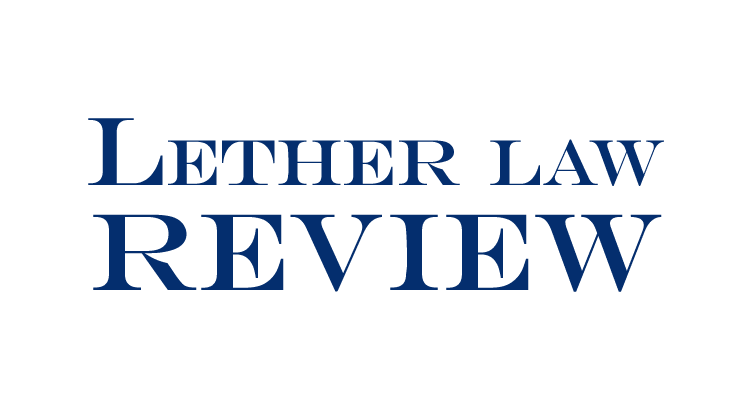Washington State Supreme Court Clarifies Law on “Reasonable Investigation” and Determination of “Reasonable” Charges for Personal Injury Protection Claims
On February 15, 2024, the Washington State Supreme Court issued its decision in Schiff v. Liberty Mutual Fire Insurance Company, et al., Case No. 101576-3, which examined “… what an insurer must do to meet the ‘reasonable investigation’ requirement and the requirement to pay ‘all reasonable and necessary’ medical expenses” under Washington’s Personal Injury Protection (“PIP”) statutes and Washington law.
The decision arose out of a suit filed by Dr. Stann Schiff alleging that the insurers’ practice of reducing provider bills based on computer-generated calculations violated Washington law. It was undisputed that Liberty Mutual Fire Insurance Company and Liberty Mutual Insurance Company (collectively “Liberty”), used a third-party database called FAIR Health to determine reasonableness of a medical provides charges when Liberty received medical bills from an insured under either a PIP or a MedPay (supplemental medical payment coverage) claim. [1]
The trial court denied both parties’ attempts at summary judgment and the Court of Appeals accepted discretionary review. The Court of Appeal, relying on its prior holding in Folweiler Chiropractic, P.S. v. American Family Insurance Co, 5 Wn. App. 2d 829, 429 P.3d 813 (2018) reversed the trial court’s denial of Dr. Schiff’s motion. The Court of Appeals reasoned, based on the Folweiler decision, that: 1) it was an unfair practice under the Washington Consumer Protection Act (“CPA”) to not conduct an individualized assessment of a medical bill; and that 2) RCW 48.22.095(1)(a) and RCW 4.22.005(7) required an individualized assessment.
The database provided information for an insurer to compare charges for specific medical treatments in a geographical area and to determine the percentiles of those charges. Liberty apparently had an established practice of paying 100% of a medical provider’s bill if it was below the 80th percentile for the procedure/treatment in the geographical area. However, if the bill exceeded the 80th percentile, Liberty would reduce the charges to the 80th percentile charge and pay that amount. It was undisputed that Liberty did not conduct individualized investigations with respect to the bills at issue, but instead relied upon 80th percentile information from the database.
The trial court denied both parties’ attempts at summary judgment and the Court of Appeals accepted discretionary review. The Court of Appeal, relying on its prior holding in Folweiler Chiropractic, P.S. v. American Family Insurance Co, 5 Wn. App. 2d 829, 429 P.3d 813 (2018) reversed the trial court’s denial of Dr. Schiff’s motion. The Court of Appeals reasoned, based on the Folweiler decision, that: 1) it was an unfair practice under the Washington Consumer Protection Act (“CPA”) to not conduct an individualized assessment of a medical bill; and that 2) RCW 48.22.095(1)(a) and RCW 4.22.005(7) required an individualized assessment.
The Supreme Court rejected the Court of Appeals’ analysis and overturned the Court of Appeals. In doing so, the Supreme Court effectively also overturned the Folweiler decision’s individualized assessment requirement. In discussing the Folweiler decision, the Supreme Court stated and held as follows:
Though the Court of Appeals cited to the relevant statutes and regulations, it failed to explain how they mandate an inquiry into the qualifications of the medical provider and did not cite any case to bolster its interpretation. The PIP statutes and the insurance code do not have any express requirement that the insurers look specifically at the qualifications of a medical provider to determine the reasonableness of the charge.
Schiff Opinion at 12 (emphasis added).
Instead, the Supreme Court held that the insurance code: 1) places the responsibility on an insurer to determine whether to deny, limit, or terminate medical benefits if the insurer determines the claim is not reasonable or necessary; 2) that the code tasks insurers to conduct their own reasonable investigation; 2) that the code requires insurers to create their own reasonable standards for promptly investigating a claim.
After reviewing the Washington Administrative Code (“WAC”) and the properties of the FAIR Health database, the Supreme Court held that “Comparing charges for the same treatment in the same geographic area is relevant to the determination of reasonableness.” Schiff Opinion at 14.
As a result of this conclusion, and in light of out-of-state authority addressing the same issues, the Supreme Court ultimately held in favor of Liberty as follows:
We hold that the 80th percentile practice and the use of the FAIR Health database is not unfair or unreasonable and does not violate the CPA or the PIP requirements to establish standards under which reasonable charges for medical procedures are determined.
Schiff Opinion at 16.
The Schiff decision effectively overturns the Folweiler decision and provides insurers with further clarity on their investigatory obligations and reasonableness determinations in PIP matters. Insurers remain responsible for determining whether to deny, limit or terminate medical benefits where the insurer determines treatment was not reasonable or necessary. Insurers are also still required to conduct a reasonable investigation and develop reasonable standards to promptly investigate claims.
As the Schiff decision makes clear, insurers can safely continue to rely on databases such as the FAIR Health database to determine whether a provider’s charges are reasonable and are not required to individually investigate and vet each provider when making that determination as part of that process.
The attorneys at Lether Law Group have in excess of thirty-one years’ experience in defending and advising insurers on the handling of PIP claims. This experience includes handling claims and litigating insurance disputes in the state of Washington. Please do not hesitate to contact our office if you have any questions regarding the Schiff decision or any other insurance matter.
[1] The FAIR Health database was identified as an “independent, nonprofit, medical claim database.”




